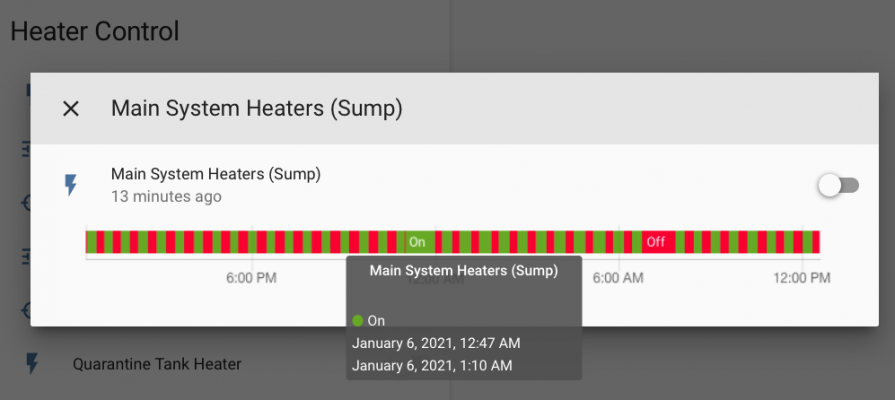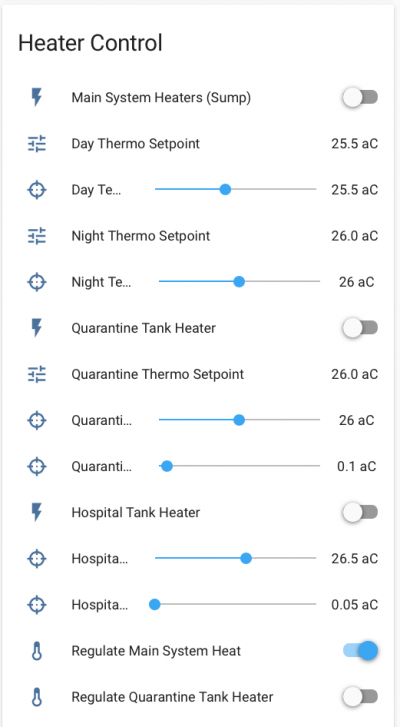I take the belt/suspenders approach with BRS (Inkbird) controllers that are plugged into APEX. My APEX probe thinks the water as a degree warmer than the Inkbird and have to admit that I have not yet taken the step of
a) figuring out which is more correct
b) Calibrating the one that is more "off".
If I put four temp probes in, I get five different answers (jk). What is the THE MOST trustworthy means of testing temperature? Extra credit for an Amazon link.
a) figuring out which is more correct
b) Calibrating the one that is more "off".
If I put four temp probes in, I get five different answers (jk). What is the THE MOST trustworthy means of testing temperature? Extra credit for an Amazon link.

















